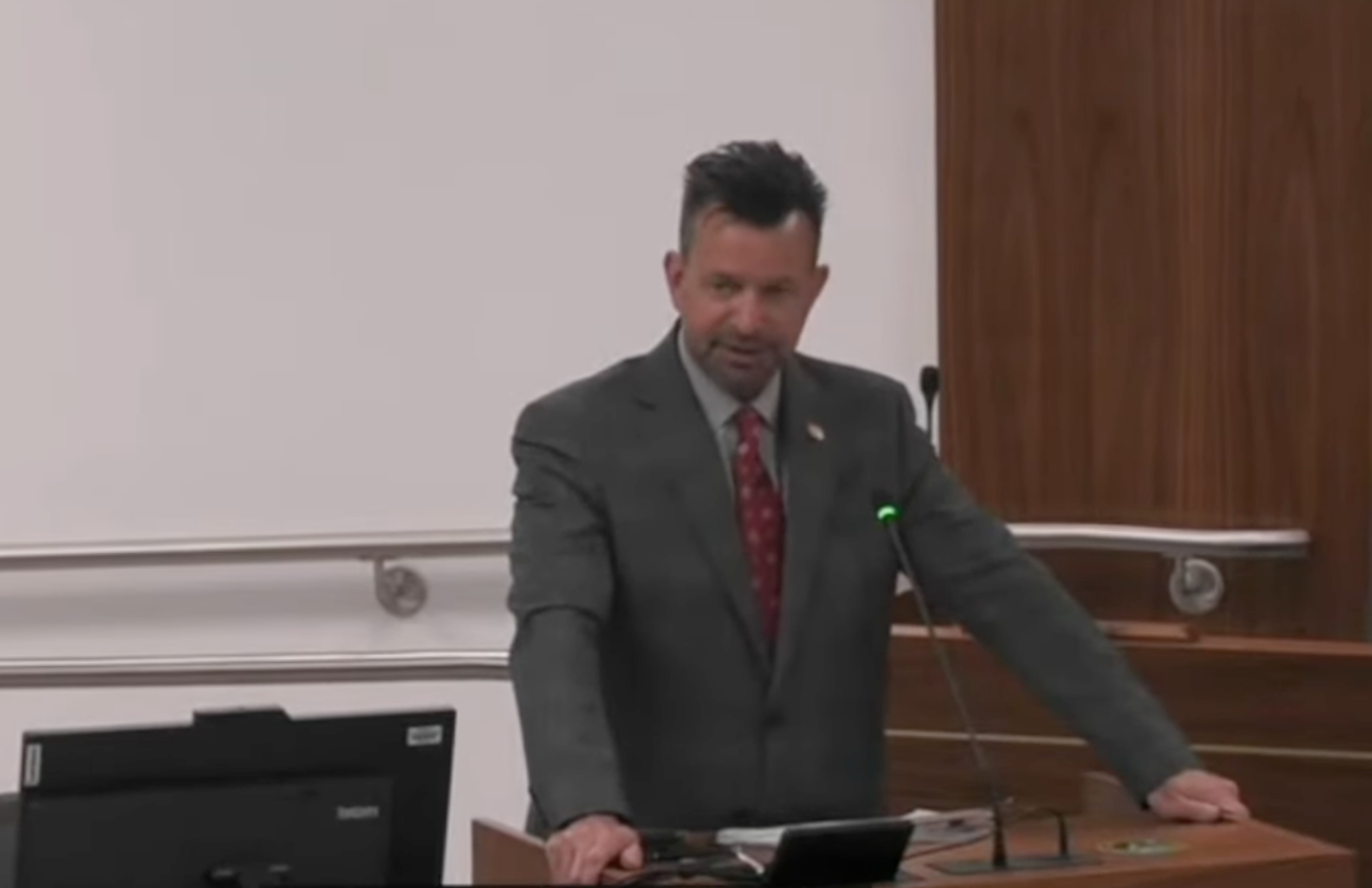On Tuesday, North Carolina Senate committee members voted to advance a bill legalizing sports betting in the state. It is calendared for the Senate floor session scheduled to gavel in at 9:30 Wednesday morning.
Filed in March, House Bill 347 legalizes online and in-person wagering on professional and college sports in North Carolina. According to the bill, the state’s Lottery Commission will be responsible for regulating sports betting in N.C. It will also be given the authority to issue betting licenses to up to 12 gambling operators.
Currently, in-person sports betting in North Carolina is permitted only at casinos owned by the Eastern Band of Cherokee Indians and the Catawba Indian Nation.
Both N.C. Senate’s Finance and Rules committees voted to advance the measure to a floor vote in the Senate. The bill passed the House in late March with bipartisan support and opposition.
The House’s original version of the bill has undergone significant changes in the Senate. The the Senate Commerce Committee added pari-mutuel horse race betting last week, but the addition was stripped from the bill by an amendment adopted by the Finance Committee on Tuesday. A Finance Committee amendment also alters the bill’s proposed gambling legalization date of January 8, 2024, potentially pushing it back to 12-months after the bill is signed into law.
Sen. Tim Moffitt, R-Henderson, advocated for the bill in front of the Senate Rules Committee, stating the bill would effectively regulate gambling in North Carolina.

“Thoughtfully constructed regulatory guardrails [are] represented in the bill…in order for us to have the appropriate outcomes that we want in our state [on sports betting], we must take this first step,” said Moffitt.
The development moves NC closer to legalizing sports wagering, a process undertaken by state legislators since the U.S. Supreme Court struck down federal laws banning sports betting in Murphy v. NCAA in 2018. Last year, a similar bill failed to pass the House by a single vote despite being approved by the Senate.
However, sports betting has seen growing bipartisan support in the General Assembly since last year, making the bill’s prospects of passing increasingly likely. Gov. Roy Cooper, who has previously advocated for sports betting legalization, is expected to sign the act into law if passed by the Senate.
Major sports teams in NC, such as the Carolina Hurricanes, have privately backed the bill, which will allow them to establish their own in-person sports books at their home stadiums.
Gambling license applications are expected to be competitive as nationwide gambling operators, such as FanDuel, and major league teams in NC will likely vie for the Lottery Commission’s 12 licenses.
Fees and Taxes
Prospective interactive gambling operators must pay a $1 million application fee to apply for a state-issued wagering license with $1 million renewal fees after five years. The state will tax operators an 18% privilege tax for their sports betting activities, a rate the Senate raised from the 14% proposed by the House.
State income from licensing fees and taxes will be issued annually to multiple NC state government departments. $2 million will go to the N.C. Department of Health and Human Services to fund gambling addiction treatment, while the N.C. Outdoor Heritage Advisory Council will receive $1 million annually to issue grants. $1 million will also go to N.C. Amateur Sports, a non-profit that sponsors youth sports initiatives.
Athletic departments of smaller state-run universities will also receive funding, each receiving $300,000 annually. The ten universities named in the bill are Appalachian State, East Carolina, Elizabeth City State, Fayetteville State, North Carolina A&T, North Carolina Central, UNC-Asheville, UNC-Charlotte, UNC-Greensboro, UNC-Pembroke, UNC-Wilmington, Western Carolina, and Winston-Salem State.
Remaining proceeds will go to the ten state universities, the state’s general fund, and the North Carolina Major Events, Games, and Attractions Fund. Controlled by the state’s Commerce Department, the Major Events Fund will provide grants to entities that “foster job creation and investment” surrounding major sporting events. The bill names NASCAR races and major golf competitions as “major events.”
Some religious groups have come out in strong opposition to the bill. Rev. Mark Creech, Executive Director of the Christian Action League, said sports betting would hurt small businesses in the state.
“Instead of spending on retail goods and essential services, individuals [will] place sports bets, and this can result in reduced revenue, job cuts, and closures for small businesses,” said Creech.
If approved by the Senate, the new amended version of the bill will have to seek concurrence from the House before being sent to Gov. Cooper’s desk.